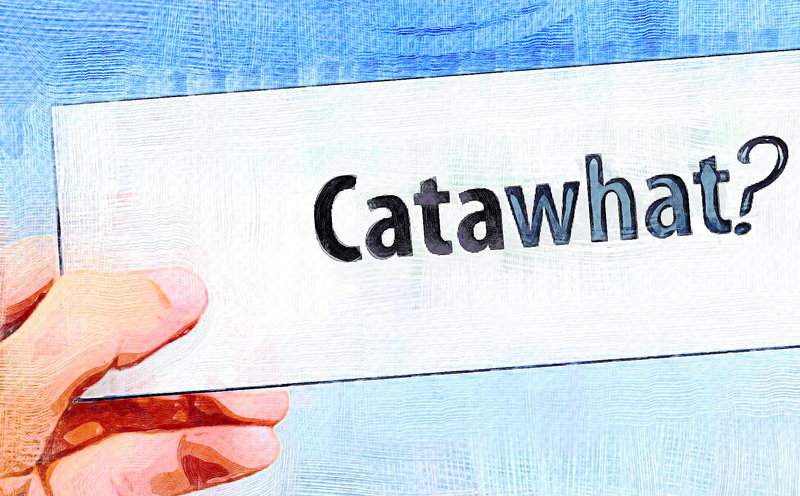Long-term resident
First sight
Nowadays, the word 'Catalonia' no longer provokes a frown of bewilderment on most foreigners' faces, the way it used to, say, half a decade ago; on the contrary, for reasons that are close to obvious, Catalonia is popping up with uncommon frequency in the media abroad; and whenever I see signs of this new-found fame, I cannot help but cast my mind back to when I first stumbled across the place, at the tail end of the seventies. I had come to Catalonia to meet my in-laws, and had only the faintest of ideas about it: I knew what the national flag looked like, and I may have known there was a language other than Spanish somewhere in the picture. In general, however, I had the monochromic, monolinguistic, mononational vision of Spain that had been instilled in my generation and the 20 preceding ones. I turned up in my wife's village, aged 19 and timorous as a displaced cat, and was overwhelmed by everything I encountered: how on the day Franco died everybody had quaffed Catalan champagne (the word 'cava' hadn't yet been invented) like it was going out of fashion, while the Civil Guard regularly launched rogue raids on the village to show they were still in charge; the daily, normal, ubiquitous use of Catalan despite it having been banned so relentlessly for so many years; the fascists driving around with pistols snug in their pockets and Spanish flags flapping from their car windows; a national history that included a murdered president and a two year siege of Barcelona; the family friend who in 1974 had shared a cell with the soon-to-be executed anarchist Puig Antich; the existence of countless Catalan language singer-songwriters and writers and poets and translators... The person who apprised me of these things and many others in just a few brief months, thus helping me get my bearings in an uncharted world, was my brother-in-law, an extraordinary man who didn't feel in the least Spanish but who had friends all over Spain; who loved his country, but made a point of travelling to as many others as he could (Africa alone he visited over 40 times); a person who wasn't particularly literary or musical but who had and has a vast knowledge of books and music. He, it seemed to me, was a living example of the only way in which Catalonia could escape its anomalous, concealed, mocked status: to be both intensely local and intensely international. And this, indeed, is what it's been doing over these last few years, both politically (thanks largely to the springing up of several major grass-roots movements and a smart, if shoestring, diplomatic policy) and artistically (thanks to the successfully eclectic nature of Catalan culture, which gulps down everything foreign it can take on board). Back in 1979, I could not have predicted Catalonia's unique situation today, but it was certainly due to that early crash course from my then brother-in-law, that nothing of what is currently going on here has come as much of a surprise .





